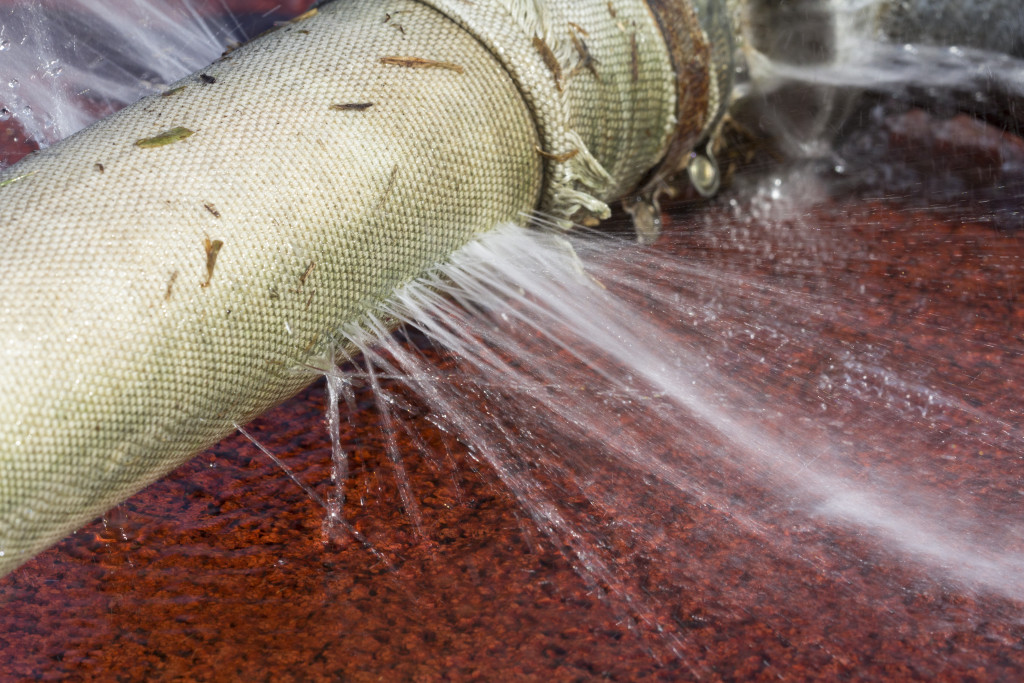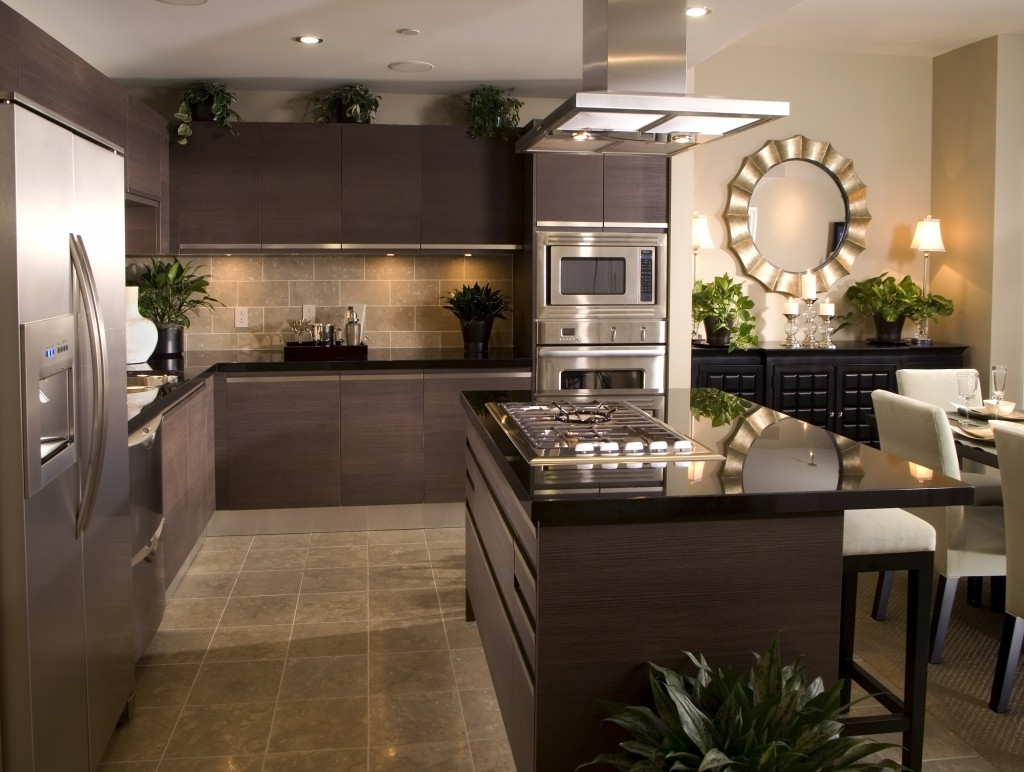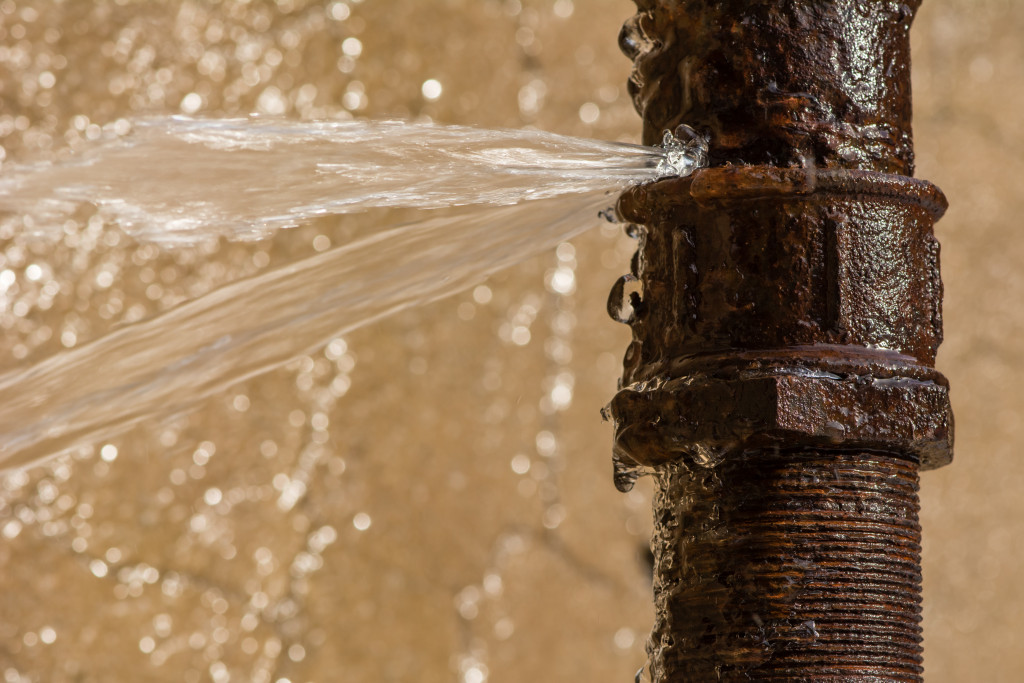- The average American household wastes about 180 gallons of water weekly due to leaks and poor usage habits.
- Long showers, running taps, and inefficient appliances contribute to high water consumption.
- Outdoor overwatering and inadequate maintenance of water-using appliances also lead to excessive water use.
- Upgrading garden watering systems, kitchen and bathroom appliances, and regular maintenance can reduce water waste.
- Conserving water is crucial for environmental preservation and can lead to substantial savings on water bills.
Water is one of the most critical resources people rely on every day. Unfortunately, people often take it for granted, leading to wasteful habits. High water waste is a serious issue, and you are responsible for conserving this precious resource. There are several reasons why your homes use more water than necessary. Here’s what you need to know about water waste today, its reasons, and places to upgrade to reduce water waste in your home.
Water Waste Today
It’s estimated that the average American family wastes about 180 gallons of water per week, adding up to over 9,400 gallons of water annually. This shows that people are using more water than necessary and not conserving it properly. There are several factors contributing to this alarming statistic. Here are some of them:

1. Leaking Pipes and Faucets
Leaking pipes and faucets are common causes of high water waste. According to the EPA, the average household wastes up to 10,000 gallons of water yearly from leaks. That’s roughly the amount of water needed to wash 270 loads of laundry. That’s a lot of water going down the drain, and it’s bad for the environment and your wallet.
2. Long Showers and Running Taps
Unnecessary water usage also comes from long showers and running taps, which can waste gallons of water. A minute washing your hands with the tap running can waste up to 2.5 gallons of water. Shortening shower times and turning off the tap while brushing your teeth can greatly reduce your home’s water consumption.
3. Inefficient Appliances
Washing machines and dishwashers are significant water users in most homes. Inefficient appliances can result in high water waste. Old appliances with lower efficiency ratings may use two to three times more water than newer ones. Consider buying energy-efficient appliances with a high water-saving rating to reduce your water bill.
4. Outdoor Water Usage
Maintaining a healthy lawn and garden requires water; overwatering your plants and lawn at the wrong time can result in excessive water usage. Watering plants early in the morning or late in the evening is the ideal time to prevent evaporation and reduce water use; cutting back on outdoor water usage can help reduce water waste and save money.
5. Lack of Regular Maintenance
Water-using appliances and systems require regular maintenance to conserve water and reduce water bills. Regular maintenance can help uncover and fix tiny problems before they become significant. Lack of maintenance can lead to inefficient appliances, leaks, and other problems that could result in higher water use and bills.
Places to Upgrade in Your Home
To reduce water waste and save money on your water bill, here are some places you can upgrade your home:
Garden
As stated earlier, outdoor water usage significantly contributes to high water waste. Consider installing a robust garden watering system that can help reduce water usage by targeting specific areas and providing controlled amounts of water. You can also opt for drought-resistant plants that require less watering.

Kitchen
Your kitchen appliances, such as your dishwasher and faucet, significantly contribute to high water consumption. Upgrading energy-efficient appliances and installing a low-flow faucet can significantly reduce water usage.
Bathroom
The bathroom is another area where you can significantly upgrade to reduce water waste. Installing a low-flow toilet, replacing leaky pipes and faucets, and taking shorter showers are simple yet effective ways to conserve water in the bathroom.
Laundry Room
As mentioned earlier, washing machines consume a significant amount of water. Upgrading to an energy-efficient washing machine can help reduce your water consumption significantly. Consider switching to cold water washes, saving up to 90% of the energy used for hot water.
Regular Maintenance
Regularly inspecting and maintaining your home’s plumbing and appliances is crucial in preventing leaks and other problems contributing to high water waste. It’s also essential to monitor your water bill for any sudden spikes that may indicate a leak or other issues.
Conserving water is a shared responsibility that starts at home. By identifying and addressing sources of water waste, making necessary upgrades, and adopting water-saving habits, you can significantly reduce water waste. These measures can lead to substantial savings on your water bill and play a crucial role in preserving this precious resource for future generations. Remember, every drop counts, and your actions can make a remarkable difference.
